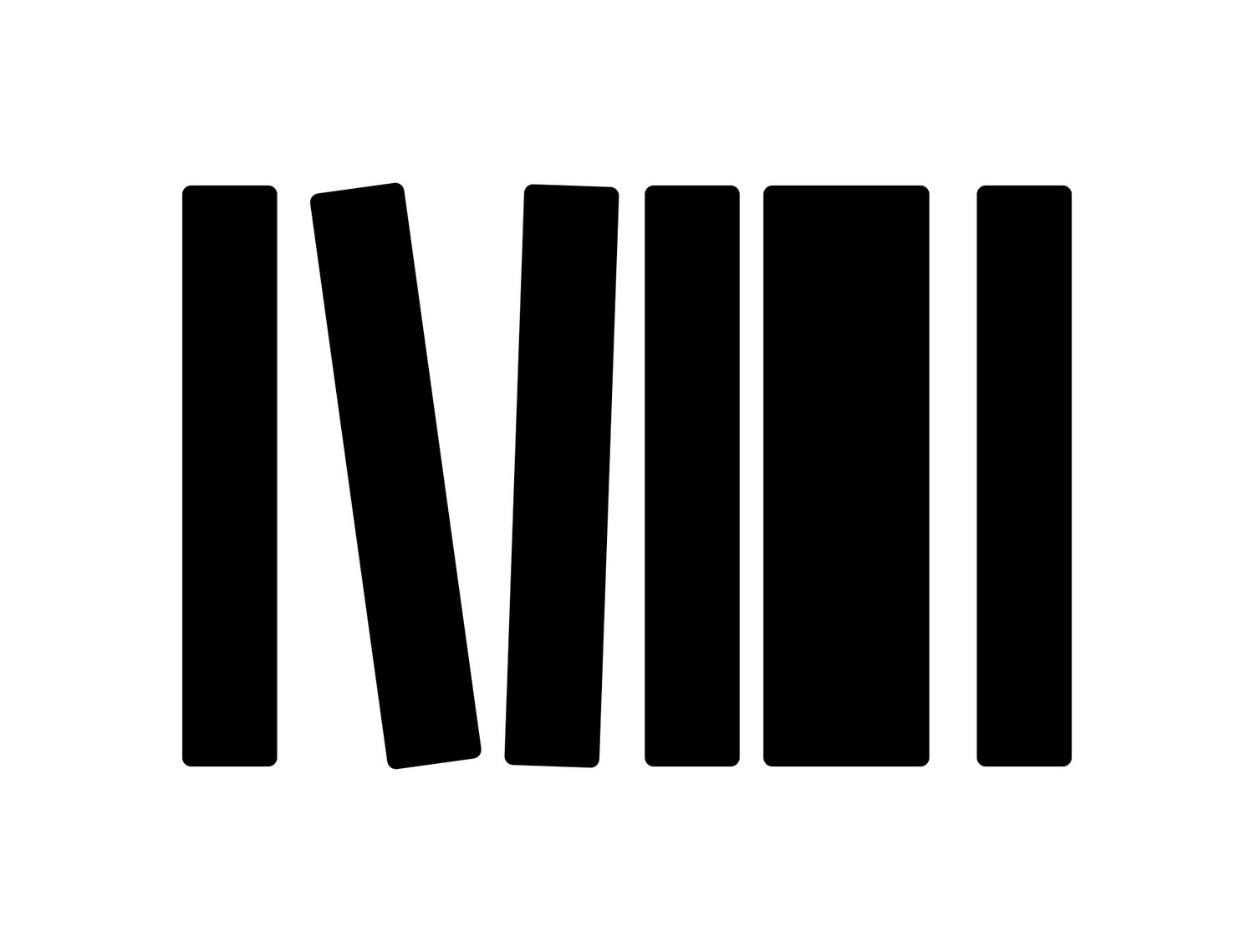BY BEENISH AHMED
2015 is inching to a close. The year saw more than a million migrants land on the shores of Europe, the launch of a reconfigured campaign against terror, a shocking array of mass killings, and far more. In the spirit of THE ALIGNIST, here are five books which shed light on some of those events and more.
By abolishing its one-child per family policy, China marked the end to en era in 2015, but that has not ended the wonder around the lives that might have been. Through the story of Gugu, a rural midwife, who shepards in state-sanctioned life and extinguishes those whose very existence would break the law, we witness the bloody, bleary landscape of population control in gruesome detail. Loyal to the country’s Communist Party and privileged by the power it affords her, Gugu is a dutiful servant, but she’s human too. In Nobel Laureate Mo Yan’s expansive work, we are given a sense not just of the generation of sisters and brothers lost to China by limiting births, but also the mark the one child policy has left on its enforcers as well as its victims.
In a year when the killing of a lion by a trophy-hunting dentist caused an uproar, the story of a lion that may as well have been Cecil’s sister seems fitting. The book reminds us that for those who live among such beasts, the death of a lion is nothing to mourn.
“The lion sucked the life out of the village,” Goodwell Nzou wrote of the lion that prowled his Zimbabwean village when he was nine. “No one socialized by fires at night; no one dared stroll over to a neighbor’s homestead. When the lion was finally killed, no one cared whether its murderer was a local person or a white trophy hunter, whether it was poached or killed legally. We danced and sang about the vanquishing of the fearsome beast and our escape from serious harm.”
Confessions Of A Lioness tells the story of one village reeling, as Nzou’s once did, from the prowling cat -- and the cunning it takes to defeat it. In so doing, it complicates our yearning for conservation of wildlife by presenting us with characters instinctually trying to preserve their own lives.
“I’m dead, Makina said to herself when everything lurched.” The samesolemn acceptance has doubtless been uttered by thousands of others like Makina, the protagonist of Signs Preceding The End Of The World, who have made the journey from Mexico to the United States, or indeed any such the otherworldly expanse which stretches from so many distinct heres and theres. The novel is a reminder that such journeys are everyday epics, extraordinary Odysseys, and that twisted turns of fate make them possible -- and necessary.
The Infernal opens with the discovery of a badly burned boy who, when connected to an information-extracting machine called the “Omnosyne,” offers up truths about the world. Only, far from the mystic musings of a boy prophet or mad poet, they are the voices of those who are distantly familiar to us -- and what they have to say is, for the most part, distinctly inane, ranging from Dick Cheney’s quest for self love to Mark Zuckerberg’s wranglings with an impossible video game. Told in a mash-up of half-blackened classified documents and the narratives of those they catalogue, the book offers a bleak look at the players of war and their pawns. The Infernal has been described as “twisted gospels for dark times” and decried as a book “built on the basis of obfuscation for the sake of style.” That is to say, it isn’t for everyone.
The afterlife of war. The battle cry of freedom or death. The off-kilter kid turned killer. The Harder They Come hits each of these notes through three characters who confound in their complexities. It centers on an unstable twentysomething with a head full of destruction whose fingers find triggers far easier than they should. Through him, we are able to examine the dark afternoon shadows that trail those we see only in the florescence of mug shots or courtroom sketches. This book takes us deep into tales so troubling we can’t turn away by offering up a portrait not just of a man turned mass shooter, but also that of his anarchical lover and forceful father.

